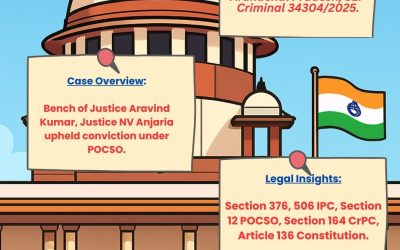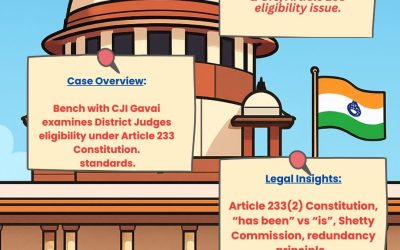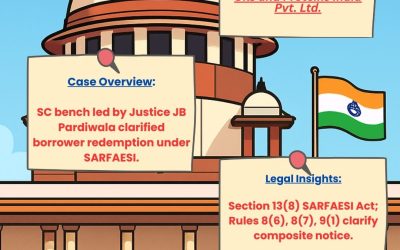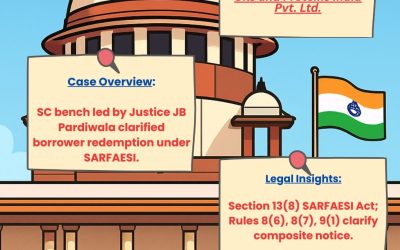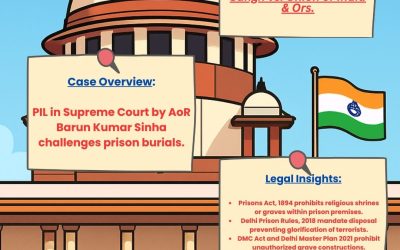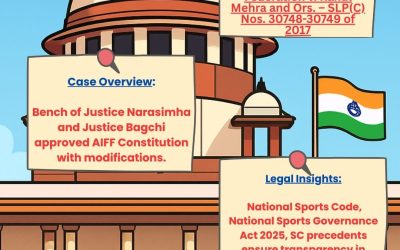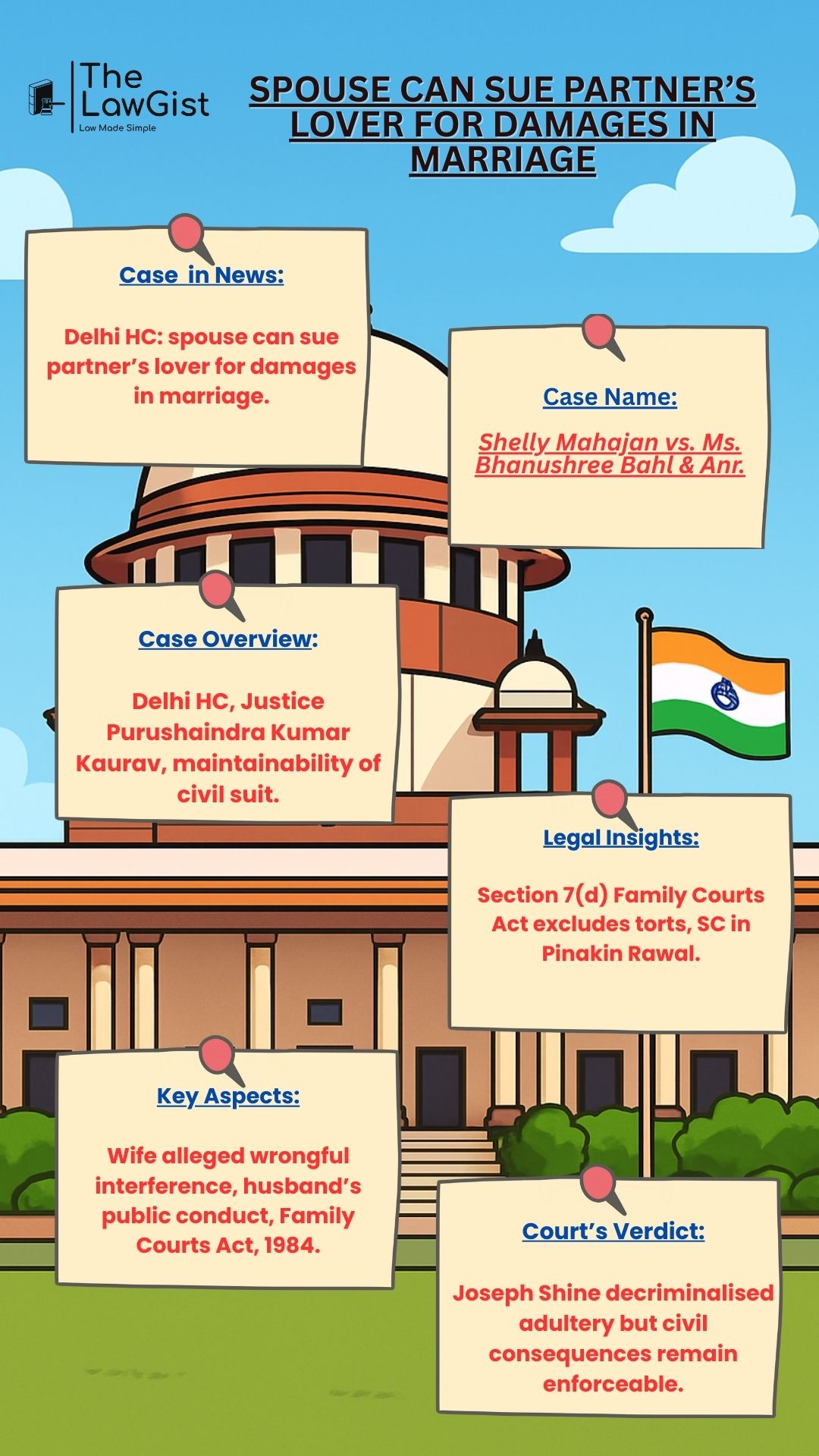
Delhi High Court allows spouse to sue partner’s lover for damages, recognising alienation of affection as a tortious civil action under Indian law.
Case in NewsSpouse can sue partner’s lover for damages in marriage says Delhi High Court on alienation . |
Discover powerful Latin Maxims and simplify complex legal terms in seconds.
Case Overview
Case Name: Shelly Mahajan vs. Ms. Bhanushree Bahl & Anr.
The Delhi High Court, led by Justice Purushaindra Kumar Kaurav, held that a civil suit filed by a spouse seeking damages from the partner’s lover for wrongful interference in marriage is maintainable . The Court discussed the novel concept of “Alienation of Affection” (AoA) and clarified that jurisdiction lies with civil courts and not family courts .
Step into the world of justice with Courtroom Chronicles
Key Aspects
The Court emphasized that to sustain such an action, the plaintiff must prove intentional and wrongful interference, causation and measurable loss . The facts of the case highlight the wife’s claim that her marriage was damaged due to the third party’s actions .
- Wife alleged her husband’s lover intentionally interfered in her marital relationship .
- Husband openly appeared with the lover, causing humiliation and later sought divorce .
- Defendants challenged maintainability under Section 7 of the Family Courts Act, 1984 .
- Plaintiff sought damages for alienation of affection as an independent civil wrong .
Legal Insights
The Court explained that although Indian law does not expressly recognize AoA, it may be treated as a tort. Relevant provisions and precedents were discussed .
- Section 7(d), Family Courts Act, 1984 – limited to matrimonial disputes, not tortious claims .
- Pinakin Mahipatray Rawal vs. State of Gujarat (2013) 10 SCC 48 – SC acknowledged AoA .
- Joseph Shine vs. Union of India (2019) – adultery decriminalised but civil consequences remain .
- Principle of consortium – a spouse has a protectable legal interest in marital companionship .
Court’s Verdict
The Delhi High Court held the civil suit maintainable and issued summons to the husband and his lover . It clarified that voluntary conduct of a spouse defeats liability, but wrongful interference by a third party can give rise to civil consequences . Parallel divorce proceedings do not bar such a tortious claim .
Source – Delhi High Court
Read also – Divorce in India
The LawGist ensures exam success with quality notes—TPL, Current Affairs, Recent Judgments, and more. Backed by trusted resources and videos, The LawGist is every aspirant’s first choice. Discover more at thelawgist.org.


